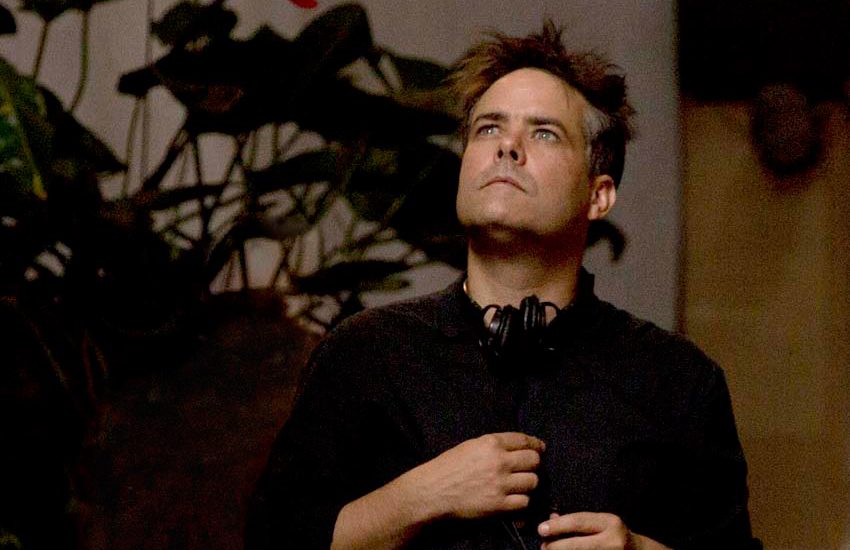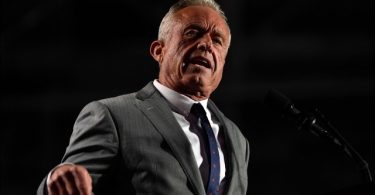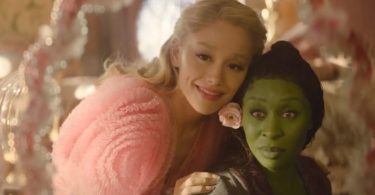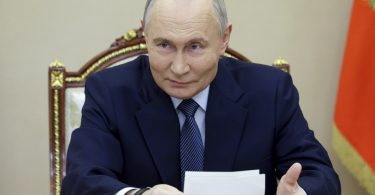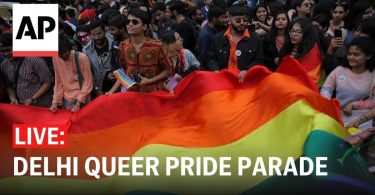How would you react, if you found out your film was nominated for an Oscar? A Fantastic Woman director Sebastian Lelio jumped for joy.
‘I was with my producers in Santiago [the capital of Chile, the film’s setting],’ he says in London a month later, jumping from his chair at the memory. ‘It was a great moment!’
It was all the more special for an important reason: ‘The next step for LGBTI equality in Chile is to approve gender identity law,’ he says. ‘So, legal recognition of the right to be transgender.
‘Which, strangely enough, was being discussed in Parliament the same day the nomination was announced. At the same time! They approved the idea of legislating it, so it went to the next step. It was an important day.’
Here, Lelio talks about the film’s star Daniela Vega (who, next month, will become the first trans person to present an Oscar), why he wants Trump to see the movie, and what it was like working with Julianne Moore, star of his next movie…
Where did the idea for A Fantastic Woman come from?
We were playing around with the question: ‘What would happen if the person you love dies in your arms?’ And then: ‘What if that situation happens to a transgender woman?’
It sounded very moving, contemporary and full of potential. And, at the same time, full of dangers, traps. And that’s a good sign. So I was like ‘OK…there’s something here…’ And then, the urgent need to meet transgender women in Santiago… I’ve lived in Berlin for a few years, so I didn’t have any transgender friends in Santiago.
‘Then I met Dani. It was like: “Boom”‘
So that’s how we met Daniela. Not looking for an actress – I was trying to see if I wanted to make the film at that stage, exploring. Then I met Dani. It was like: ‘Boom’.
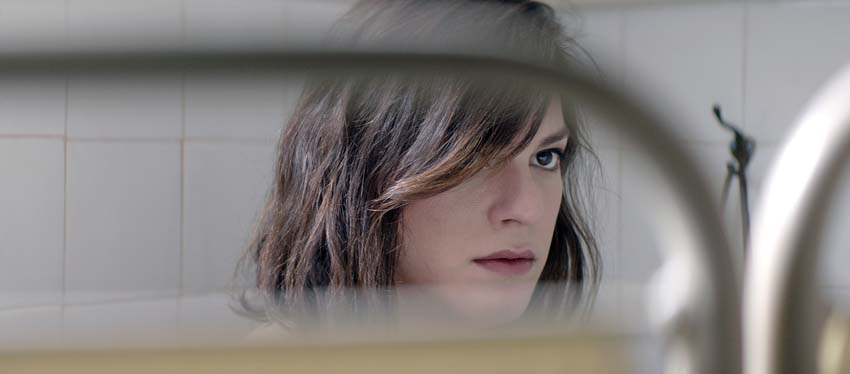
How did you find her?
Just through friends! You call someone and then…
So you have a mutual friend?
Yeah, we were like two clicks away!
Was it important to you, as the character formed, that a trans woman played her?
Yeah. Daniela accepted to become a ‘friend’ of the project, like a cultural advisor. She didn’t know what the story was about, she wasn’t involved in the script. But she was a friend. So I was asking her: ‘How was it like to grow up being who you are, in Santiago? When you transitioned, what happened? What have you heard? Tell me about the micro-aggressions…’
“‘How was it, to grow up being who you are?”‘
So meeting her made me understand I wanted to make the film. And then, very soon after that… I was not going to make it without a transgender actress. But then, I hadn’t made the connection. Later on, I came across the idea ‘I’m going to make a “trans-genre” film about a transgender character’. So the film will have different tonalities and identities coexisting…
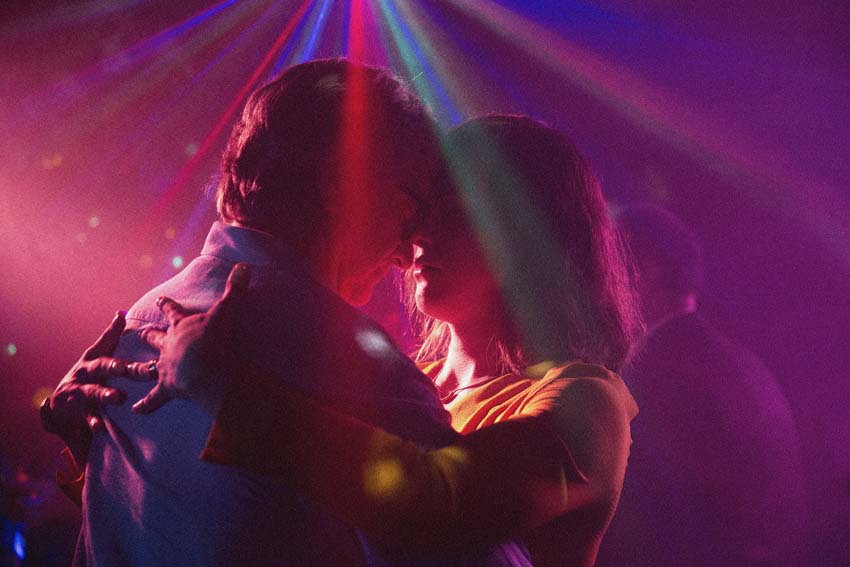
And thank goodness Daniela could act! Imagine if she couldn’t…
Well, that’s the thing! And then towards the end, when the first draft was done, I realised I wanted her to play the main role.
It’s enough to make you believe in fate…
It’s enough! I like when things come from within, when things unfold naturally And it’s quite beautiful, because she was always there. So when she received the script, and I sent her an email: ‘Read this – would you like to play Marina?’, she called me back and said: ‘[To the affirmative] Are you insane!?!’
‘I’m going to make a “trans-genre” film’
Would you say the main character, Marina, is inspired by her, or based on her? Or are they different people?
No. Very different. There are some things coming from her, like the fact that she sings. Daniela is a singer. Never a complete anecdote, but some things that happened, some things she had heard, the way in which people treat Marina, some of those details or nuances are coming from our conversations.
Were you disappointed she wasn’t nominated for an Oscar?
Well, I think it was a long shot. Because it’s very hard for an actress playing a role in a foreign language film to find a space in that category, which belongs to angelo actresses. The cases are very rare. Usually for actresses with long careers.

So you think maybe her gender identity wasn’t the stumbling block?
No, I don’t think so. Of course, we would have been extremely happy, but we knew it was difficult. And we all felt that the nomination for the film implied a recognition to her performance as well.
‘I don’t think trans roles should be played only by trans actors’
There are a couple of other examples of cisgendered actors playing trans roles – obviously Jared Leto in Dallas Buyers Club. Were you aware of those controversies? Were you glad to sidestep that?
I was aware of the discussion. I was interested in the discussion. But when I felt that the right thing to do was to cast a trans actress, it wasn’t a reaction against what existed. It was the consequence of following what felt the right thing to do for this film. So I don’t think transgender roles should be played only by transgender actors, and I think a transgender actor or actress like Daniela should have the right to play cisgender roles.
The character faces a lot of hardship in Santiago. Would you describe Chile as LGBTI-friendly?
I think Santiago and a few other cities, like Valparaiso, are big and modern enough to say that they are LGBTI-friendly. And that process is evolving quickly.
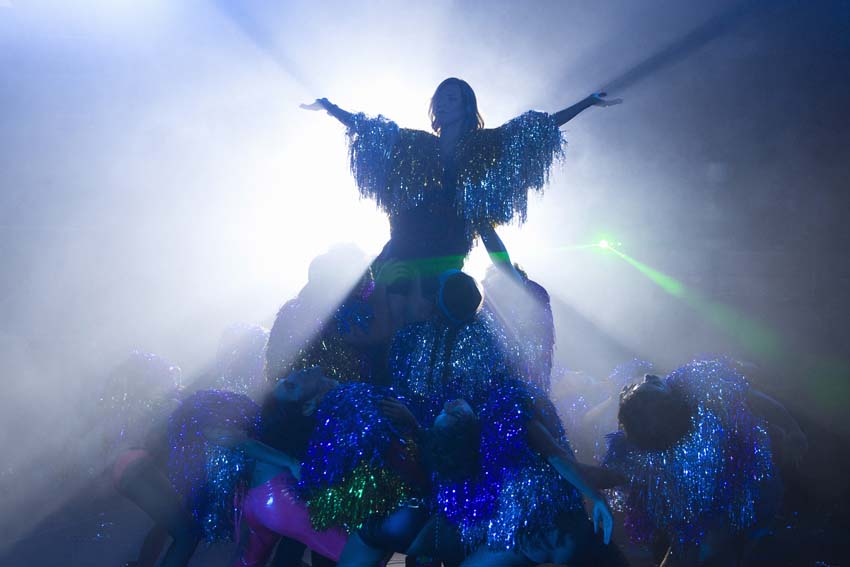
What responses from trans viewers have resonated with you?
They have been positive. You can feel when people approach you and they hug you… You feel the gratefulness. It has been a very generous reception, and a process that has been expanding. Because the film started in Berlin a year ago, and there’s been more and more awareness. We’ve been gathering more and more reactions. We were expecting at least division, because it’s such a divisive subject, and in general we have encountered love.
On the flip side, there are transphobic reactions. Have you noted any?
Oh yeah, you can easily find that in internet commentary, comments. That’s the perfect place for that kind of energy. I was very shocked to see the Instagram of National Geographic, when they published the special issue about the shifting landscape of sexual identity.
‘You just have to look at the White House, you know?’
There were like 10,000 comments and half were: ‘God created man and woman. These people should be locked up. This is an aberration.’ The other half were like: ‘This is inspiring, this is beautiful, let’s learn how to live together. This is the future.’ So I was expecting that kind of division. [But] I haven’t really perceived the dark side too much.
You can ignore the comments, and just look at the rational responses…
Of course. That energy is there. It’s clearly there. It’s in the government. While we were writing and releasing the film, the world shifted 180 degrees towards the Middle Ages. So you only have to look at those dark, obscure internet places. You just have to look at the White House, you know?
Do you hope President Trump will watch the film?
It would be amazing. I would love to read his tweet…
[embedded content]
Well you never know. Especially if it wins an Oscar!
Exactly!
Are you aware that a trans director, Yance Ford, is nominated for Best Documentary Feature? Have you seen his work, Strong Island?
I have not, but I’m dying to see it!
Are you pleased to see more trans recognition among the nominations?
Of course. I mean, I’ve been getting closer and closer to the ‘trans reality’: getting to know people. Of course, I am not a transgendered person, but I’ve learned so much from them and I feel close to them. So of course, I think this representation is a symptom of more trans person in every aspect of society.
‘Julianne Moore is very intelligent’
You’ve just finished working with Julianne Moore on an English-language remake of your film Gloria. What was she like to work with?
A pleasure!
Why do you think Julianne is so attracted to LGBTI roles?
I don’t know. Who knows? I cannot speak for her. I think she’s just very intelligent.

They’re often the most interesting roles, so if you’re an intelligent person, you’re attracted to them…
I think it’s a territory where you can push boundaries and expand the idea of what’s possible. That’s the frontier where any real artist wants to work. So maybe that’s her intuition. I have no idea.
‘Call Me By Your Name is amazingly beautiful’
Your upcoming film Disobedience also has an LGBTI theme. What interests you in these stories, is it the same kind of thing? Pushing the agenda, pushing the envelope?
It’s less rational that that. It’s more an emotional connection. I need to be moved by the characters and the stories. If that idea is moving and exciting, I can’t help but insisting.
Have you seen Call Me By Your Name?
Oh yes.
And what did you make of it?
I think it’s one of the greatest films of the year. I think it’s an amazingly beautiful, delicate poem.
A Fantastic Woman is out now at US cinemas, and hits the UK on 2 March

